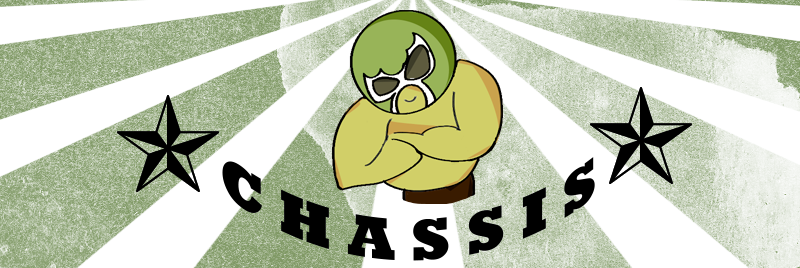Team:BIOSINT Mexico/Chassis
From 2014.igem.org
| Line 3: | Line 3: | ||
<html> | <html> | ||
<style> | <style> | ||
| + | |||
| + | .texto1{ | ||
| + | margin-left:5%; | ||
| + | margin-right: 5%; | ||
| + | } | ||
h1, h2{ | h1, h2{ | ||
font-family: 'Francois One', sans-serif; | font-family: 'Francois One', sans-serif; | ||
| Line 20: | Line 25: | ||
</center> | </center> | ||
</div> | </div> | ||
| + | |||
| + | <div class="texto1"> | ||
<h1> Arabidopsis - standard chassis in iGEM</h1> | <h1> Arabidopsis - standard chassis in iGEM</h1> | ||
<h2> Description </h2> | <h2> Description </h2> | ||
| Line 25: | Line 32: | ||
Arabidopsis thaliana is a model organism that was previously described as chassis. F. Laibach first summarized the potential of Arabidopsis thaliana as a model organism for genetics in 1943. It was first promoted as model for molecular genetics in 1985 and first transformed with high-efficiency in 1993. Since then has been the model organism for plants. </p> | Arabidopsis thaliana is a model organism that was previously described as chassis. F. Laibach first summarized the potential of Arabidopsis thaliana as a model organism for genetics in 1943. It was first promoted as model for molecular genetics in 1985 and first transformed with high-efficiency in 1993. Since then has been the model organism for plants. </p> | ||
| + | </div> | ||
</body> | </body> | ||
</html> | </html> | ||
Revision as of 00:12, 2 October 2014
Arabidopsis - standard chassis in iGEM
Description
In biotechnology plants are used to produce industrial products, for bioremediation, to obtain energy and also are easily to introduce into an ecosystem than other organisms; for these reasons plant manipulation is a focus area in biological engineering. Unfortunately not many projects on iGEM was already made in plants, because takes too much time to growth and, also information in the registry are not widely accessible . Arabidopsis thaliana is a model organism that was previously described as chassis. F. Laibach first summarized the potential of Arabidopsis thaliana as a model organism for genetics in 1943. It was first promoted as model for molecular genetics in 1985 and first transformed with high-efficiency in 1993. Since then has been the model organism for plants.
 "
"

